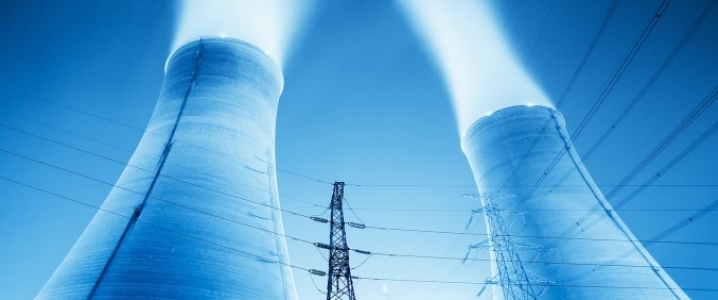www.aljazeerah.info
Opinion Editorials, December 2017
Archives
Mission & Name
Conflict Terminology
Editorials
Gaza Holocaust
Gulf War
Isdood
Islam
News
News Photos
Opinion Editorials
US Foreign Policy (Dr. El-Najjar's Articles)
www.aljazeerah.info
The Secret To Replacing Fossil Fuels By Irina Slav Al-Jazeerah, CCUN, December 18, 2017 |
 |
 |
|
When it comes to renewables, skeptics tend to point out the lower efficiency rates as opposed to fossil fuels, the high costs, and the dependence on subsidies for making a profit. But technology is coming to the rescue, accelerating efficiency gains and cost reductions.
Technology is too general a term, however. Specifically, it’s supercomputers that are making the difference for renewables, says Peter Kelly-Detwiler from consultancy NorthBridge Energy Partners. Supercomputers are becoming faster and more powerful, more capable of coming up with new, better, molecules and designs for renewable energy installations.
What renewables like wind and solar have going for them is their immaturity relative to fossil fuel power generation technology. In fossil fuel installations, pretty much everything that could have been done to improve efficiencies has already been done, Kelly-Detwiler argues, noting GE’s Bouchain, France, combined cycle power plant that achieved a record-high efficiency rate of 62.2 percent.
GE used a supercomputer to help it break the record, but there’s one disheartening element in the feat: It took the company a decade to improve gas-fired plant efficiencies by just one percent. That’s what Kelly-Detwiler considers a major disadvantage of fossil fuel-powered plants. Fossil fuels have been around for a long time, and thousands of people have worked to extract the best efficiency rates for decades, leaving hardly any space left for breakthrough inventions.
On the other hand, renewables are barely starting, in a way. Their low efficiency rates can actually be seen as an advantage, leaving a lot of opportunities for improvement. For example, in March this year, Japanese resin and plastic maker Kaneka Corp. announced that it broke the previous solar cell efficiency rate, achieving 26.3 percent, up by 0.7 percent from the previous record. Related: U.S. Oil Rig Count Dips, Ending 5 Week Streak
Now, that may sound tiny, but it’s close to what GE did with a gas-fired generator over 10 years. And researchers in solar power are not stopping there. Last month, researchers from Russian ITMO University said they’d made a new solar cell coating, combining the features of an electrode with those of a light-trapping structure. This combination reduced the amount of reflected light and protected the cell from overheating, potentially improving its overall efficiency by as much as 20 percent.
Earlier this week, SunPower’s shares shot up by 12 percent after the company said it achieved a 15 percent efficiency improvement in its solar cells by combining size, materials, and a different way of laying them out—as shingles.
Okay, so where do supercomputers come in? They come in when researchers working on improving efficiencies—whether in solar or in wind—need new materials and structures to achieve their objective. Supercomputers that are capable of quadrillions of calculations per second can pull data, analyze it, and literally create new materials by arranging virtual molecules in new ways and then calculating how these virtual molecules can be made physically.
It’s a long process, even with the help of supercomputers. But it’s a process that, according to Kelly-Detwiler, is accelerating at an ever-increasing pace, and inventions will come more frequently as the urgency of climate change looms large over the world.
***
Share the link of this article with your facebook friends
|
|
|
|
||
|
||||||


